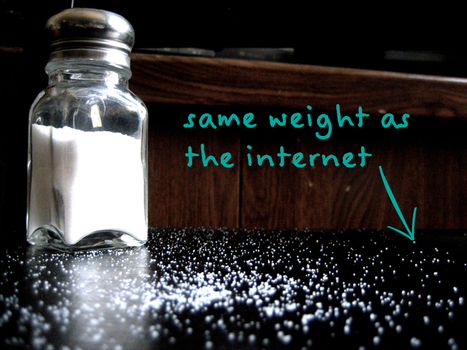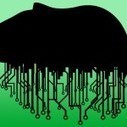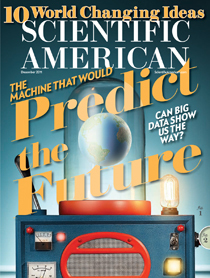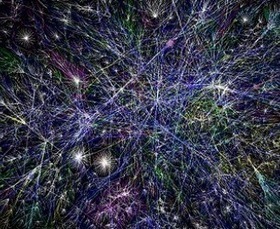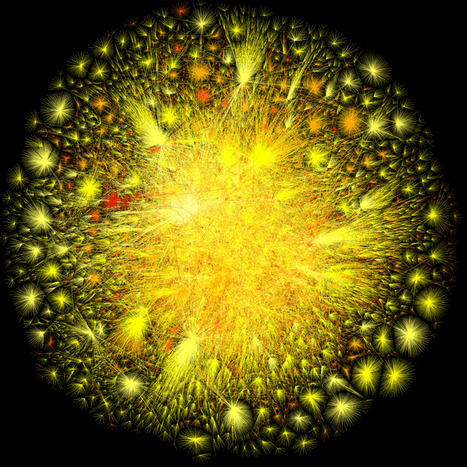Technology is a means of enabling freedom, not an end in itself.
Get Started for FREE
Sign up with Facebook Sign up with X
I don't have a Facebook or a X account

 Your new post is loading... Your new post is loading...
 Your new post is loading... Your new post is loading...
Jon Z. Bennington's curator insight,
October 24, 2013 4:24 PM
I actually differ from this article's view that marriage is not harmed by online interaction. Unfortunately, they have statistics to back them up, and all that I have is life experiences and a keen observation with no percentages and pie charts. I felt that to be fair that I should include an article that has a slight differerence of opinion. When you ask yourself what do you think, see if you go with your gut or the numbers. 
ukfamilylawyer's curator insight,
December 31, 2013 9:45 AM
Far too simplistic to make the link between the Internet, social media etc and increase in divorce. A lot of research to be done yet. |
|






